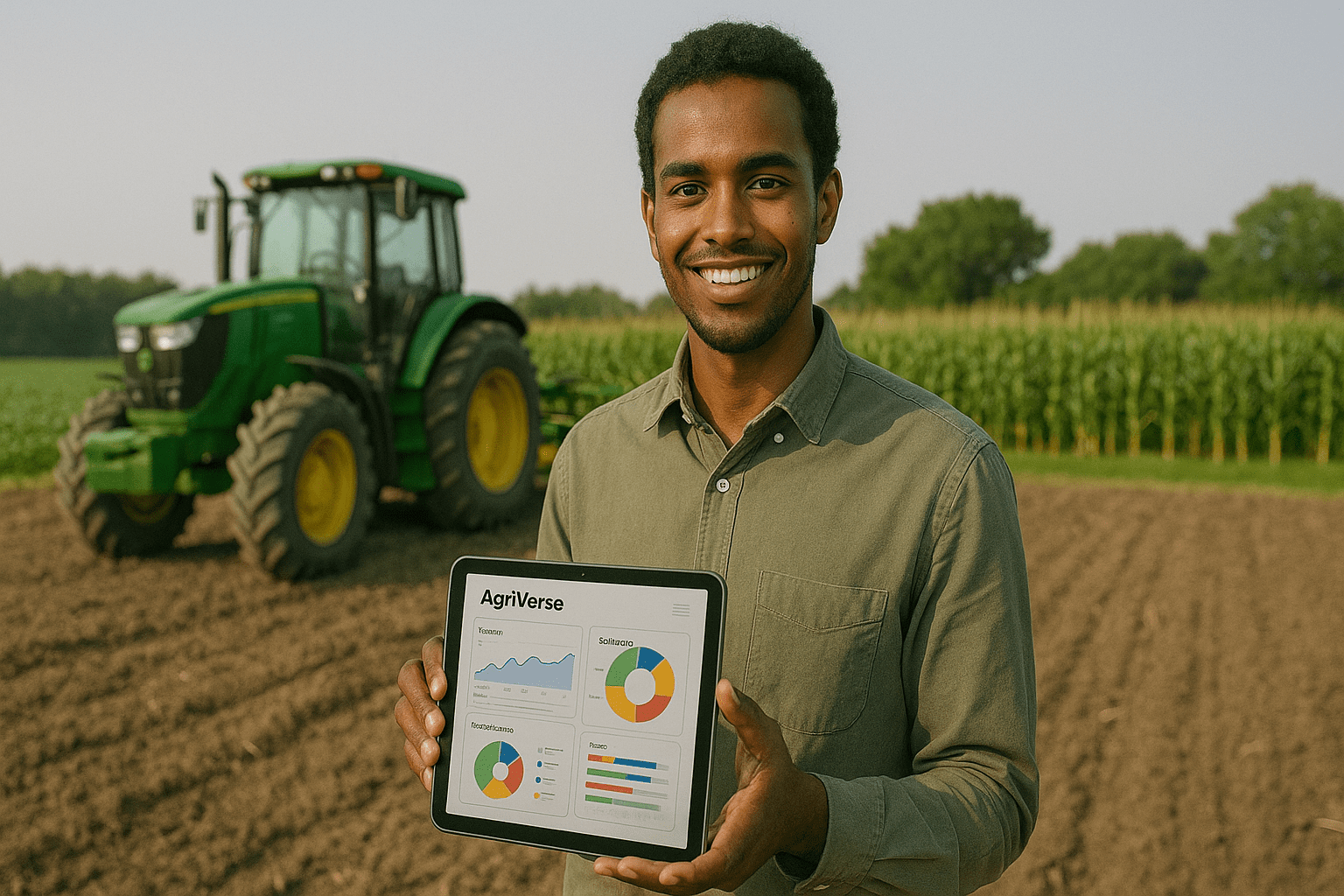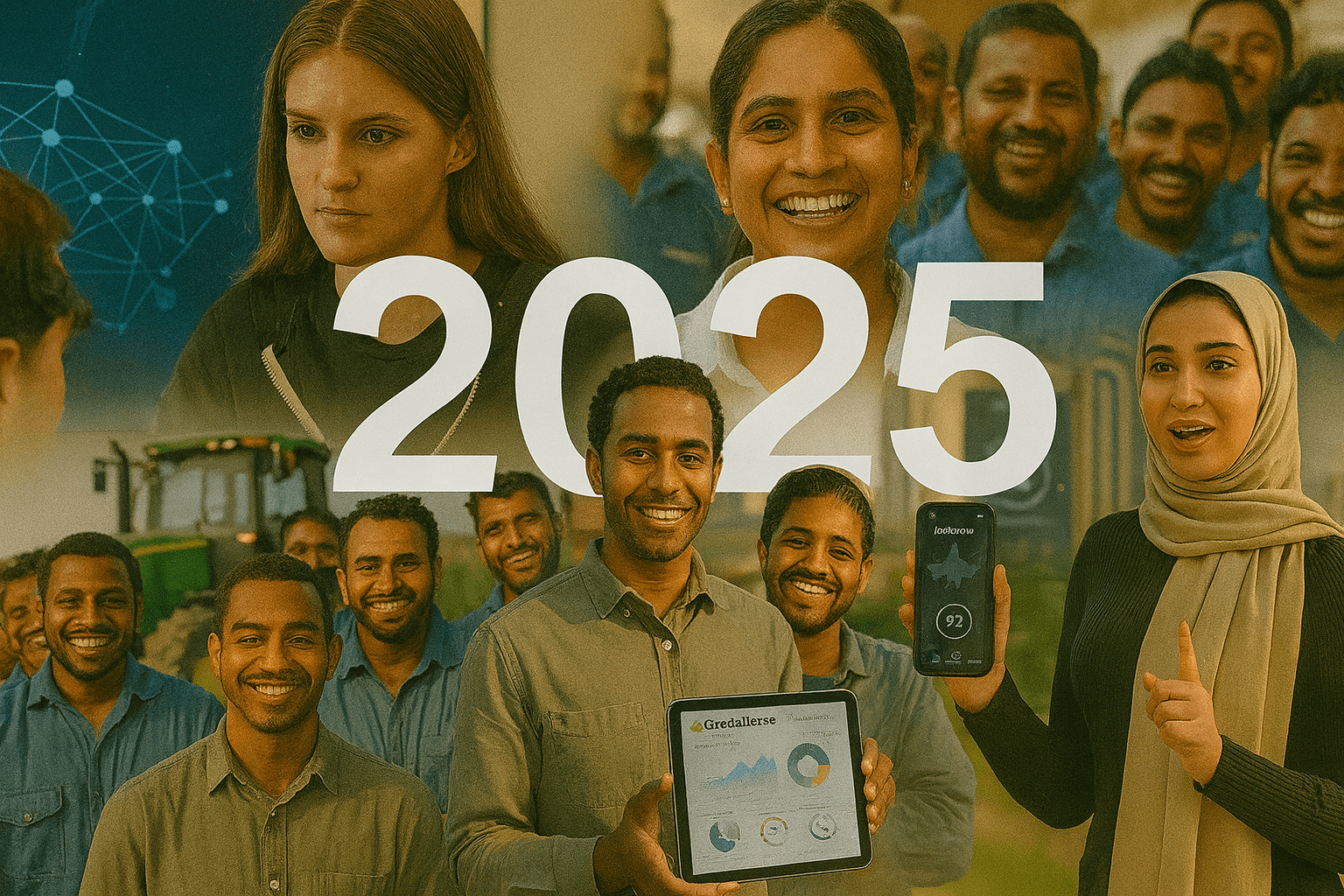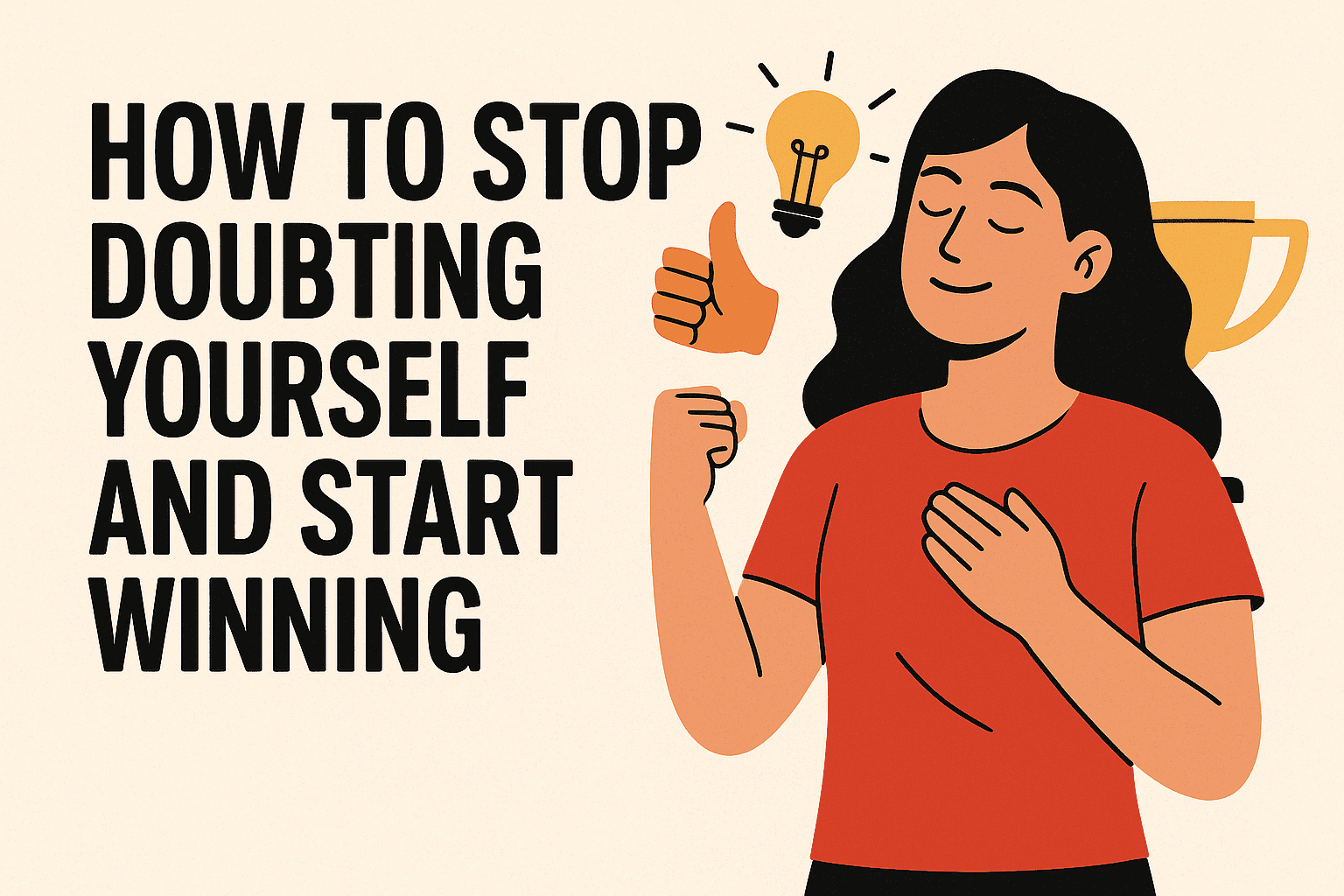In 2025, a new league of under- 30 entrepreneurs isn’t waiting for permission they’re building the next generation of billion-dollar industries from scratch. These are not just success stories; they’re strategic revolutions unfolding across tech, health, finance, and climate innovation. Their ventures are attracting billions in funding and shifting power from traditional boardrooms to nimble, youth-led ecosystems.
They’re not chasing titles, they’re changing the rules.
Why 2025 Is the Year of Young Founders
The Funding Floodgate Opened
Despite economic headwinds, VC firms are pouring money into next-gen ideas. In H1 2025 alone, over $93 billion was invested globally in startups led by founders under 30, a 37% increase from 2024.
“We’re betting on visionaries who were raised in a post-digital world,” said Ava Kwon, Partner at Lightspeed Ventures. “They don’t just understand the future,they are the future.”
Markets Are Shifting to Their Rhythm
From consumer behavior to policy reform, the global pulse is favoring the bold, agile, and purpose-led. These founders are building brands with souls and profit. They’re fluent in social narrative, carbon footprints, AI, and inclusive design.
The Faces Defining the 2025 Startup Era
Lina Al-Rashed (28, Saudi Arabia) – EcoLux Living
Sector: Sustainable Luxury
Valuation: $440M
Highlight: Turning palm waste into luxury home materials
Lina’s Riyadh-based startup fuses sustainability with elegance. Her modular housing kits, made entirely from recycled desert flora and solar smart tech, are being used in premium real estate projects across the Gulf and Southern Europe.

Devin Walsh (27, United States) – Synapse AI
Sector: Neurotech AI
Valuation: $2.1B
Highlight: AI-powered neural interface that’s FDA-approved
Synapse AI enables paralyzed patients to control devices with their thoughts. Backed by the Gates Foundation and major US insurers, Devin’s innovation is redefining the intersection of human potential and machine learning.

Aanya Kapoor (25, India/UAE) – CredSafi
Sector: Fintech for Migrant Workers
Valuation: $600M
Highlight: Real-time remittance and micro-loans for unbanked workers
Aanya’s platform has processed $8B in transactions across the GCC. She grew up watching her family’s helpers struggle to send money back home. Now, she’s ensuring the underbanked are not overlooked.

Noah Tesfaye (26, Ethiopia/UK) – AgriVerse
Sector: AI-powered agritech
Valuation: $350M
Highlight: Predictive crop yield tools for African farmers
Using machine learning and satellite imaging, AgriVerse boosts farmer output up to 38% in unpredictable climate zones. Noah’s vision? “Make Africa the world’s food security engine.”

Yara Fadel (29, Lebanon) – ReSound
Sector: Audio Technology
Valuation: $150M
Highlight: Creating ultra-accessible hearing aids with AI translation
Born hearing-impaired, Yara designed an affordable device that syncs with users’ smartphones and delivers real-time audio translation in 23 languages. Her social mission is turning into a high-growth healthtech venture.

Where These Founders Are Winning
1. Middle East’s Rise as a Launchpad
From Saudi Arabia’s Vision 2030 to the UAE’s startup visa, the Gulf is now a launchpad, not just a marketplace. MENA founders are pulling global capital while staying deeply regional in impact.
2. Tech Access Is Flattening the Field
Platforms like OpenAI’s GPT, no-code apps, and open-source tools are giving founders from Lagos to Lahore the same power Silicon Valley once hoarded. These founders are scaling faster, cheaper, smarter.
3. Social + Profitable = The New Unicorn
Purpose isn’t an add-on it’s the product. Investors are flocking to startups that align with Gen Z and Alpha’s values: sustainability, justice, mental health, and inclusion.
What Sets These Founders Apar
- Cultural Fluency: They build brands that speak locally but scale globally.
- Born Digitals: No legacy baggage, just code and courage.
- Micro-Mentorship Models: Many are building platforms that empower others to rise with them.
- They Move Fast: MVPs launch in weeks. Product-market fit evolves with live user feedback.
What the Future Holds
By 2030, many of these founders will be billionaires. But their real legacy? A shift in how we think about leadership, innovation, and wealth.
They are proving that age is not a ceiling but a catalyst.
Conclusion:
The world’s next industrial revolution isn’t happening in factories it’s happening in cloud code, desert labs, and dorm room demos. These under-30 founders are not the leaders of tomorrow. They are already running the show.
If you’re still waiting to start, you’re already late.






